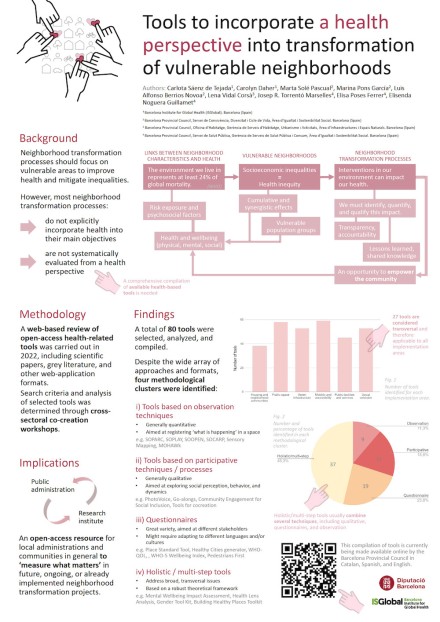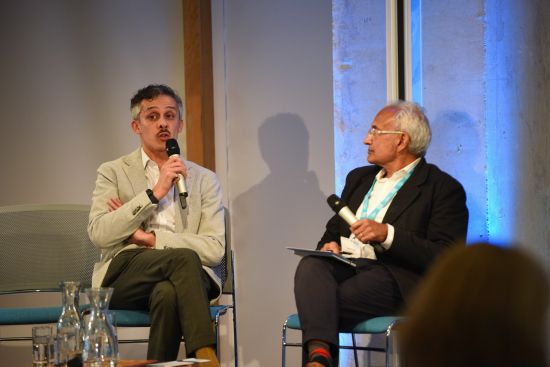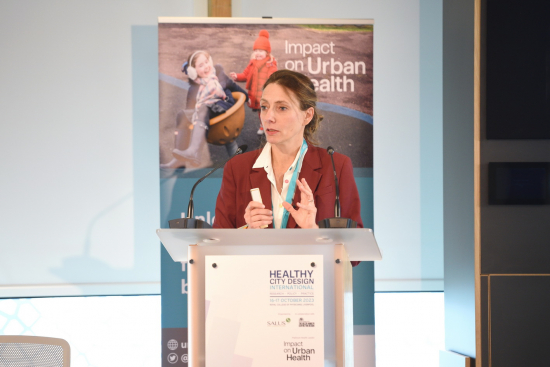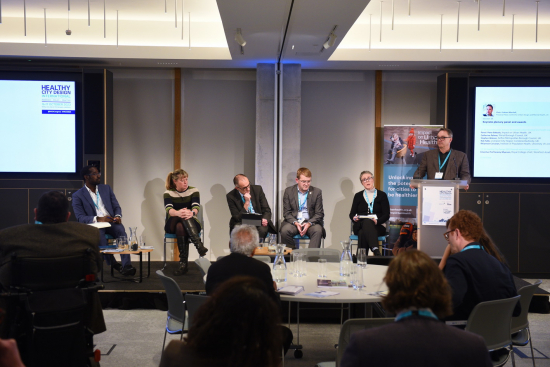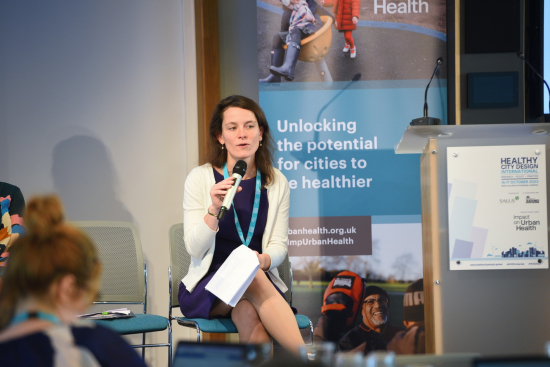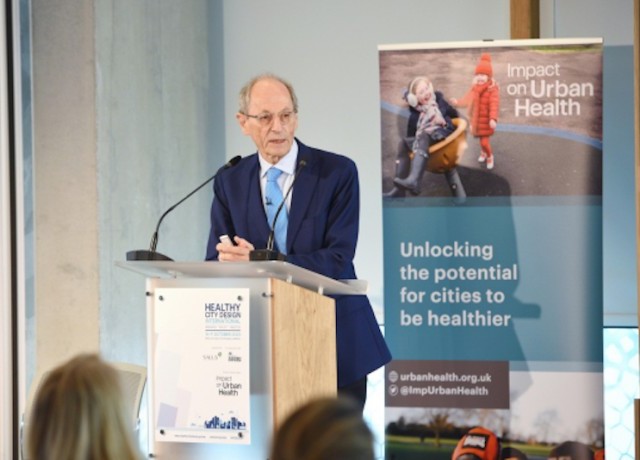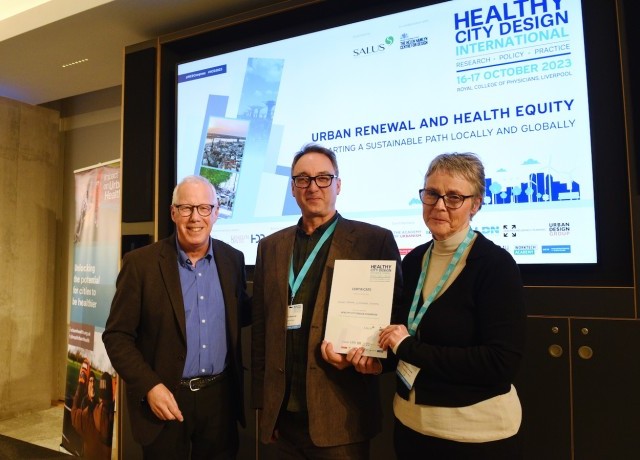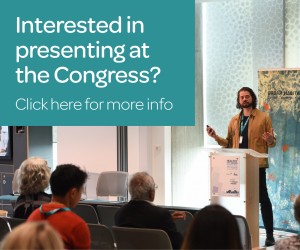Tools to incorporate a health perspective into transformation of vulnerable neighbourhoods
Abstract
Populations living in disadvantaged neighbourhoods have worse health prospects, while environmental health inequalities have increased in Europe in recent decades. Neighbourhood transformation processes should focus on vulnerable areas to improve health and mitigate inequalities. However, most transformation processes do not explicitly incorporate health into their main objectives, nor are neighbourhood projects systematically evaluated from a health perspective. This limits our understanding of the actual impacts of projects and hinders accountability, transparency, and collective learning capacity.
Purpose: An updated compilation of evidence-based tools to incorporate the health perspective in neighbourhood transformation processes was carried out. The main objective was to aid communities and local administrations in capturing the health impacts of neighbourhood transformation processes.
Methodology: In collaboration with the Urban Environment and Health Project of the Barcelona Provincial Council, a web-based review of open-access health-related tools was carried out in 2022, including scientific papers, grey literature, and other web-application formats. Search criteria and analysis of selected tools were determined through cross-sectoral co-creation workshops.
Findings: A total of 76 tools were selected, analysed and compiled according to multiple variables (e.g., methodological approach, implementation scale and phase, level of validation). Implementation areas include: housing and neighbourhood communities; public space; green infrastructure; mobility and accessibility; public facilities and services; and social cohesion. Most tools are applicable to more than one area, and 17 are considered transversal. Despite the wide array of approaches and formats, four main methodological clusters were identified: i) tools based on observation techniques; ii) tools based on participative techniques/processes; iii) questionnaires; and iv) holistic multi-step tools.
Implications: This extensive review and compilation of health-related tools provides a useful resource for local administrations and communities in general to “measure what matters” by incorporating a health perspective to future, ongoing, or already implemented neighbourhood transformation projects.
Learning objectives
- To provide an updated compilation of evidence-based tools to incorporate the health perspective in neighbourhood transformation processes
- To aid communities and local administrations in capturing the health impacts of neighbourhood transformation processes
- To provide a useful resource for local administrations and communities in general to “measure what matters”
Presenters
Co-authors

Event news
Investing in urban renewal and health equity
21st March 2024
Health equity: Marmot Cities
20th March 2024
Housing and health equity
20th March 2024
Sustaining the NHS through embedding social value
20th March 2024

